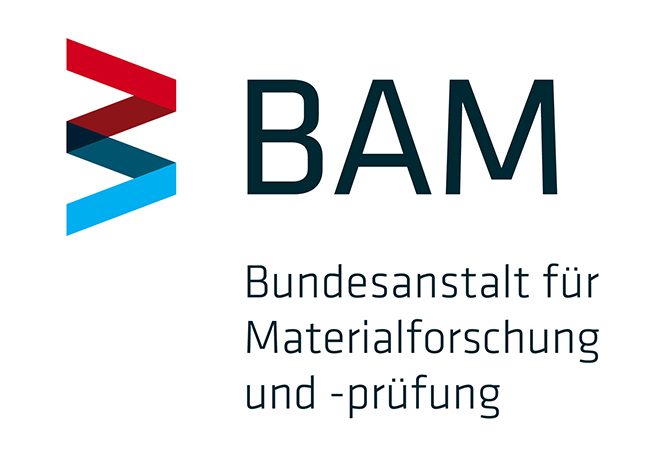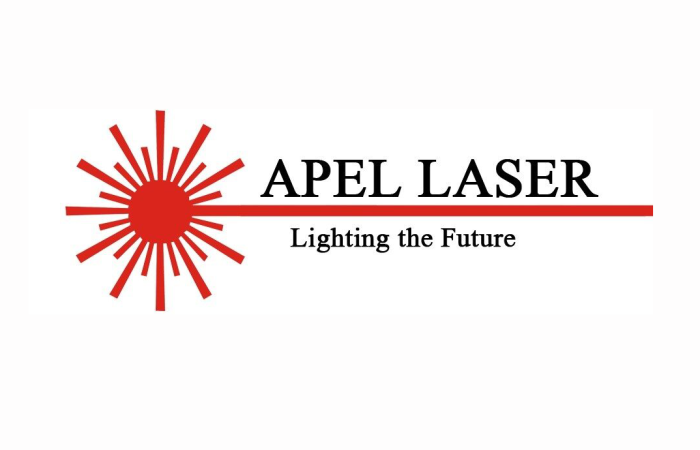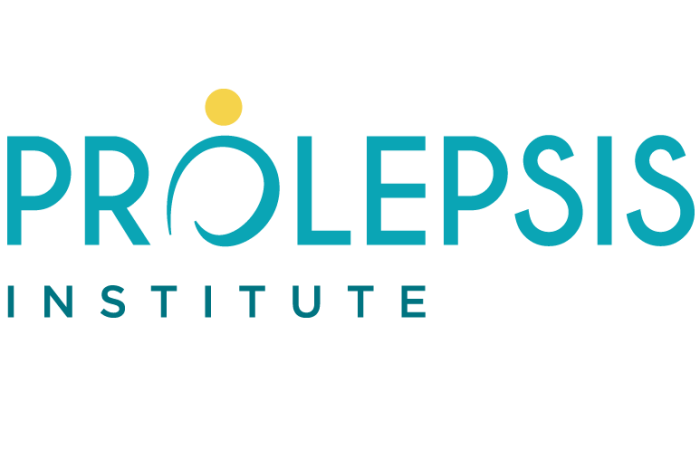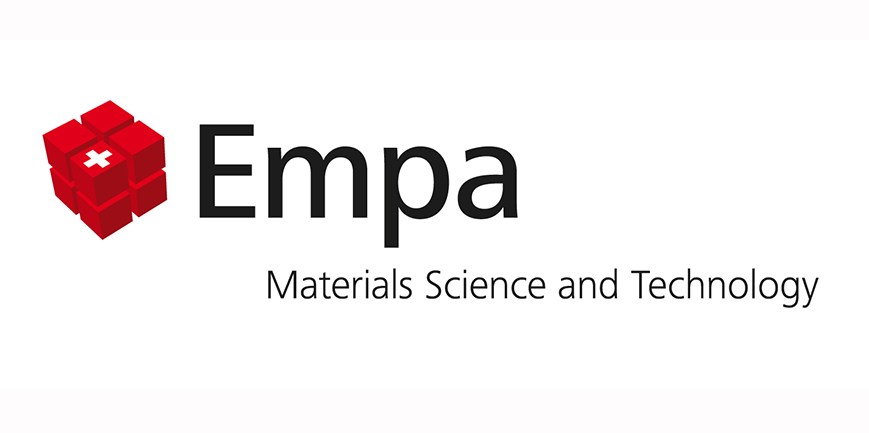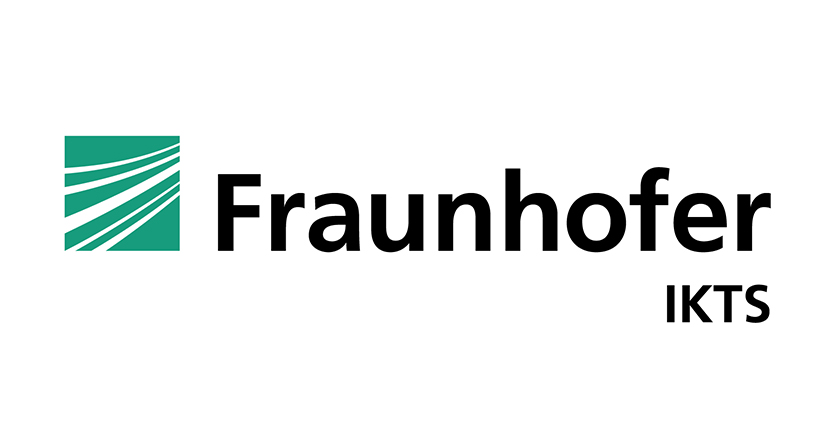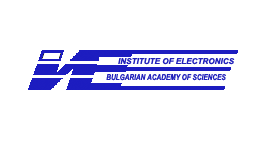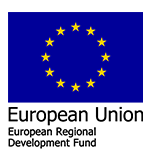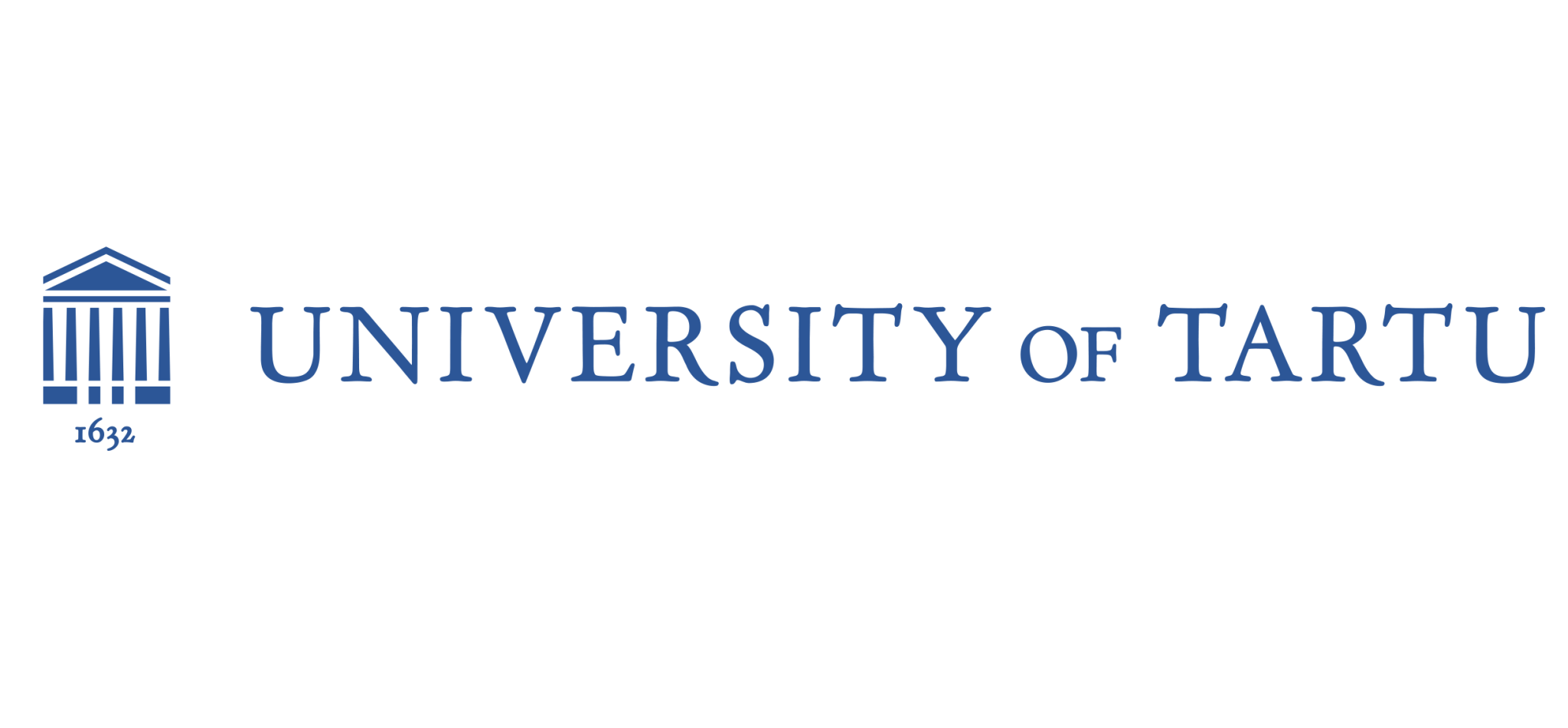
The STOP consortium consists of 15 organizations from 10 countries: Bulgaria, Croatia, Estonia, Finland Germany, Greece, Italy, Romania, Switzerland, and United Kingdom. The project is coordinated by the Bundesanstalt für Materialforschung und -prüfung, while it includes organizations, academic institutions, and government bodies with many years of experience in the fields of materials science, biology, health, and social care in Europe.
Contact
Project Manager, Researching Principal Lecturer
Ms Merja Ahonen, PhD
tel. +358 44 710 3061
merja.ahonen@samk.fi
Project objectives
- Develop versatile and efficient nanomaterials that could be used as components of antimicrobial coatings for surfaces.
- Significantly decrease the risk of pathogen transmissions from surfaces to hands and vice versa to STOP the spread of human infections.
- Reduce healthcare costs.
- Reduce environmental pollution by disinfectants.
- Increase preparedness of the EU public health system to future pandemics.

Projects activities
- The nanocoatings will be derived from a combination of inorganic nanoparticles, antimicrobial peptides and nanoscale laser surface patterning.
- The nanocoatings will be thoroughly characterized for their efficacy, using both existing international standards and improved testing methods developed within the project.
- Several different active substances will be explored (i) to allow formulation in highly flexible, sprayable, and long-lasting coatings, (ii) provide broad spectrum antimicrobial antiviral activity, and iii) reduce the chances of the development of resistance.
- The efficiency of the nanocoatings will be studied in a real-life intervention trail and with epidemiological models.
- The safety of the nanomaterials will be backed up by human and environmental toxicity studies and life cycle analyses.
- Attention will be paid to end-user acceptance, manufacturing scalability, and short-term exploitation by SMEs.

